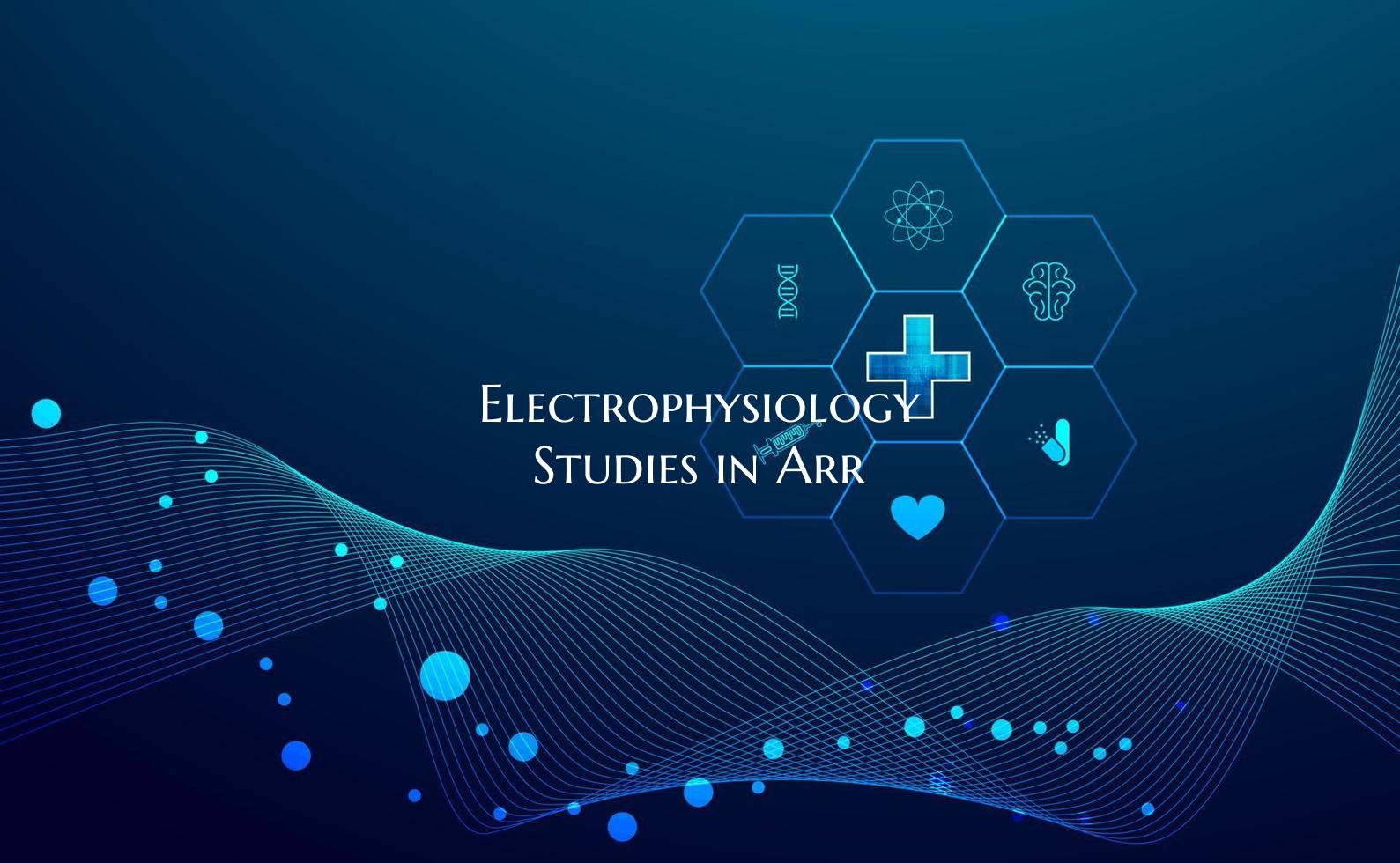
Electrophysiology Studies in Arr
Arrhythmias are abnormal heart rhythms that can lead to serious health issues if not properly managed. Electrophysiology studies play a crucial role in diagnosing and treating arrhythmias by assessing the electrical activity of the heart.
During an electrophysiology study, thin, flexible wires called catheters are inserted into blood vessels and guided to the heart. These catheters can map the heart's electrical signals and identify areas causing the arrhythmia. By analyzing these signals, cardiologists can pinpoint the precise location of the abnormal electrical pathways.
In addition to mapping the heart's electrical activity, electrophysiology studies can also help in treating arrhythmias. Certain arrhythmias can be corrected during the study through a procedure called ablation. In this process, the cardiologist delivers energy through the catheter to destroy the specific cells causing the irregular heart rhythm.
Electrophysiology studies are crucial for patients with arrhythmias, as they provide valuable information for treatment decisions. By understanding the electrical patterns of the heart, cardiologists can recommend the most appropriate treatment, which may include medication, lifestyle changes, or procedures like ablation to restore normal heart rhythms and improve the patient's quality of life.